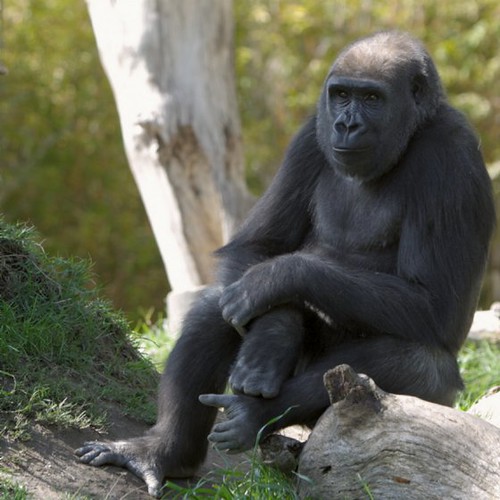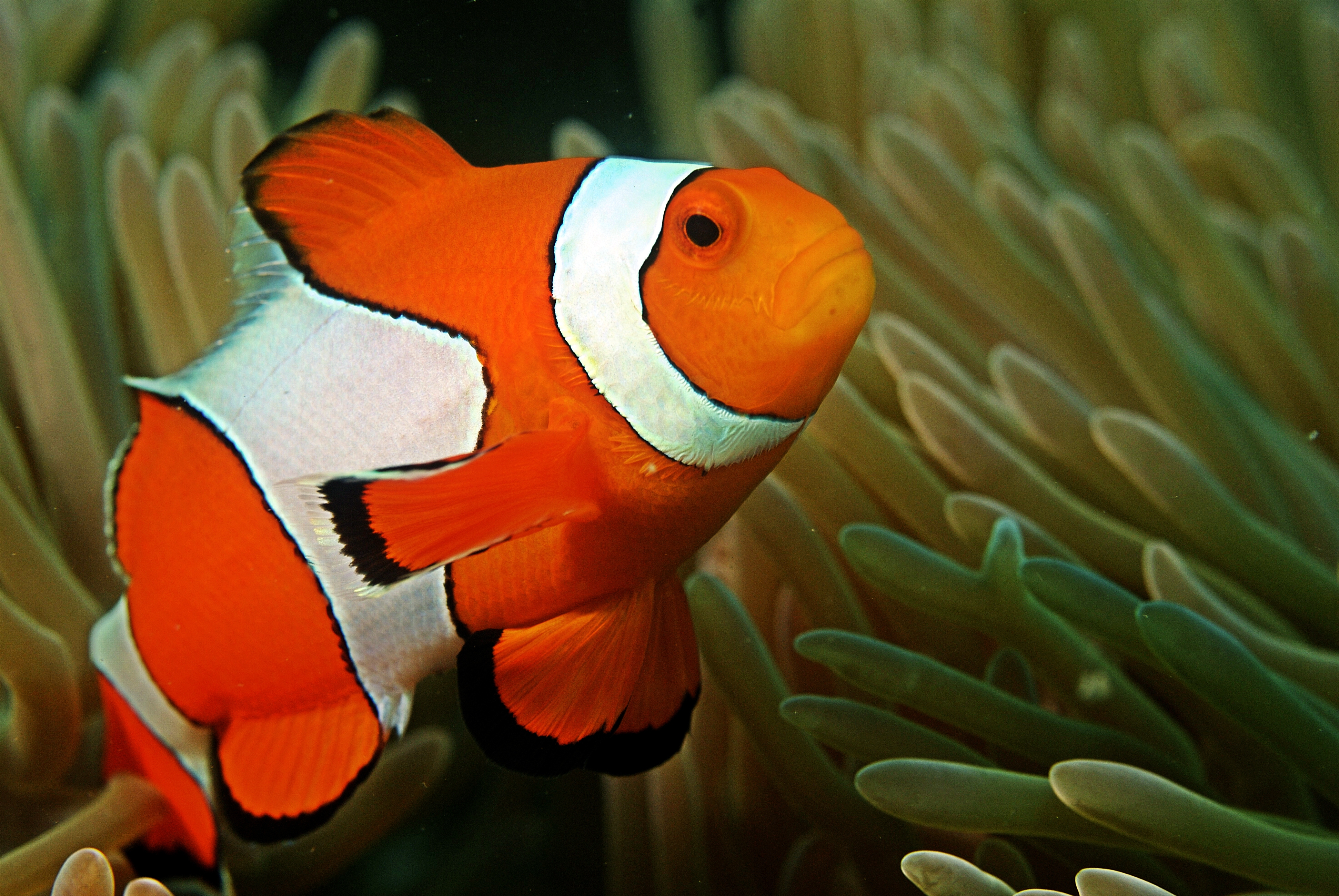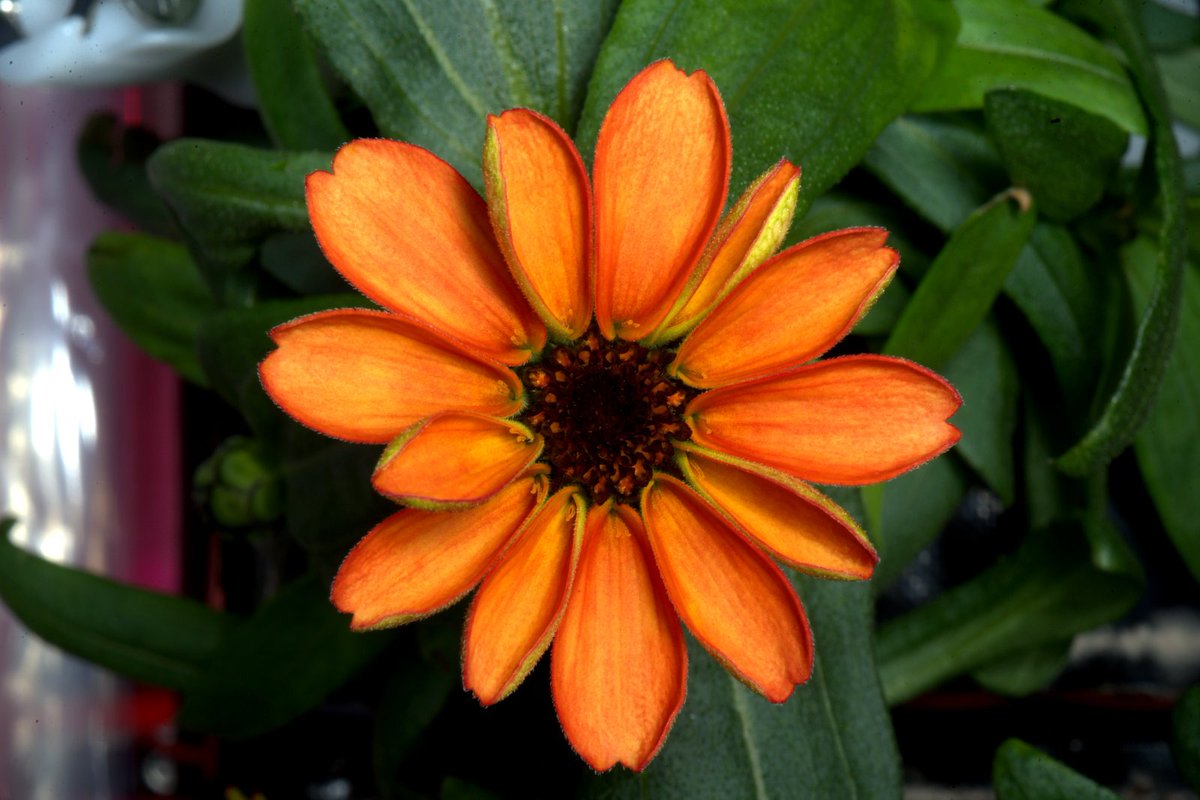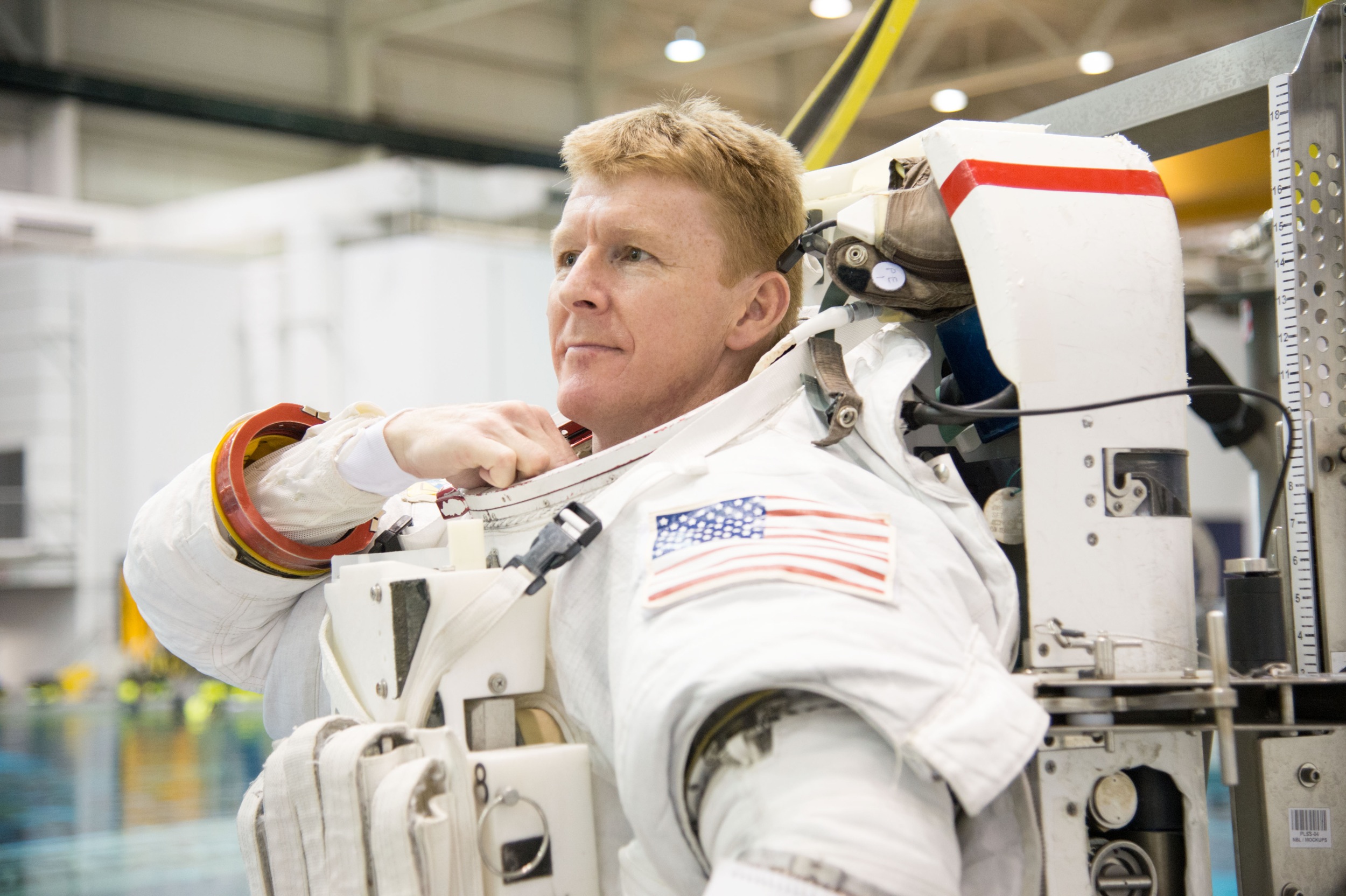
The thing with intelligence is that it's hard to measure intelligence against different animals. Some might be able to do things others just can't do. Gorilla's intelligence is displayed through their ability to make natural materials to help them gather food more efficiently. In particular, Gorillas are known for there selective ability to select branches based on length - remove leaves from them and show incredible dexterity.Scientists reckon that this level of intelligence matches that of a young child. Some Gorillas are known to have particularly high intelligence levels. Take a Western Lowland Gorilla that lived in Buffalo Zoo in 2009 for example. This Gorilla actually used a bucket to collect water. An experiment was actually carried out in 2010 where a group of them were given five gallon buckets - two of the younger gorillas were able to successfully fill the buckets up. Another gorilla in particular, Koko has been taught and mastered over 1000 signs from American sign language. Although these signs have been simplified to get around the issue of the gorilla not being able to form as complex hand signals. However intelligent you think Gorillas are, it definitely makes you realise that Gorillas and other animals have a very different kind of intelligence!









